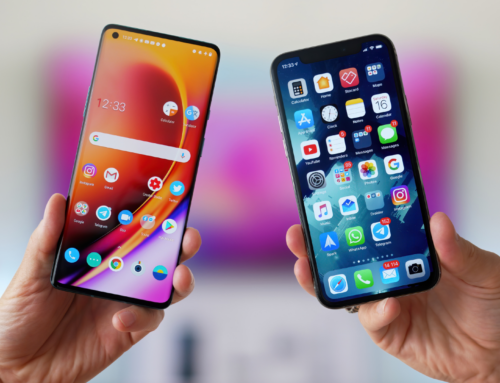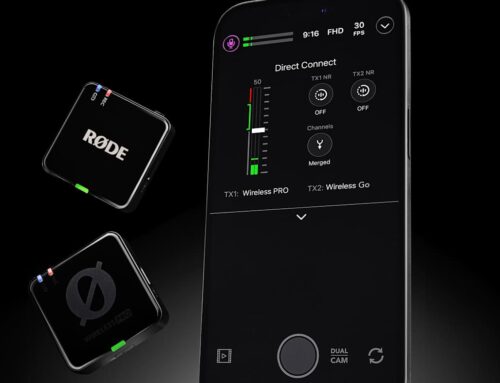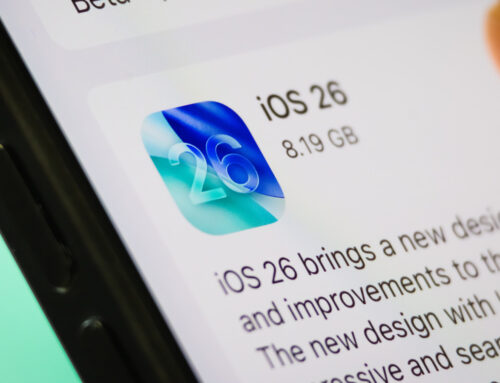Streamy Awards 2023
Tech. Entertainment. Science. Your inbox.
Sign up for the most interesting tech & entertainment news out there.
By signing up, I agree to the Terms of Use and have reviewed the Privacy Notice.
The iPhone 14 Pro’s battery health went viral a few days ago. Several users observed that their iPhone’s maximum battery capacity dropped faster than previous models in less than a year. Some reported battery health drops of more than 10%.
I explained at the time that Apple considers battery health over 80% as normal and warned that battery degradation is normal. I also told you that my iPhone 14 Pro’s battery life was spectacular, contrary to what others said — my battery health only dropped to 99% after nearly one year of use. I was fortunate to get my iPhone 14 Pro on launch day last September.
Now, new leaked data from Apple’s repair chain shows that the iPhone 14 Pro and iPhone 14 don’t suffer from widespread battery issues. At least not yet.
Before we get started, you should check out my previous iPhone 14 Pro battery health coverage, where I go over the perceived battery health problem, how Apple describes normal battery life on the iPhone, and what you can do to improve your iPhone 14 Pro’s battery life.
On the latter, I will stress one thing: turn off the iPhone 14 Pro’s Always-on display feature to get better battery life and improve your battery health. Your battery will last longer, so you’ll recharge it less frequently. Therefore, you’ll reduce the battery degradation rate.
Also, I said at the time that there’s likely no issue with the iPhone 14 Pro battery overall. That we’ll have to wait a while and see whether Apple has anything to say about battery life. After all, Apple has been involved in a batterygate scandal it doesn’t want to repeat.

What do the statistics say?
Apple would have detailed statistics about overall iPhone battery failures and iPhone 14 Pro battery issues. But those are probably heavily guarded trade secrets the company would not disclose officially.
That said, there might be other places that provide such information. AppleInsider claims it has had access to “a large amount of service data from within Apple’s repair chain” for years. Battery replacement rates are part of that data set.
According to the information the site obtained, the iPhone 14 series doesn’t suffer from a widespread battery health problem:
Instead of comparing per capita failure rates, we can compare total replacements, given that the total population of iPhones sold in that first year of live is a bit less in 2022 to 2023, than it was in 2021 to 2022.
For the lifetime of the iPhone 14 grouping and iPhone 14 Pro grouping, the number of battery failures, meaning that 80% threshold has been met, or Apple has decided to replace the battery in a response to a consumer complaint even if not at 80%, is a hair less than it has been in the past. This is consistent with what is believed to be a lower population of iPhone 14 models sold in total, than the iPhone 13 line.
The iPhone 14 Pro family has slightly more failures in total than the iPhone 14 grouping. It’s also believed that the population to date of the iPhone 14 Pro models is higher than that of the iPhone 14.

The conclusion is that neither the iPhone 14/Plus nor the iPhone 14 Pro/Max suffer from battery issues impacting overall battery life or health, at least for now. The blog will revisit the data in six months to see whether any deviations from expected statistical behavior have occurred.
AppleInsider also said they “have it on good authority that Apple has engineered the 80% battery depletion mark average […] at just over two years, and has for at least the last five years of iPhone models.” If your iPhone 14 Pro’s battery health degrades at a rate of 10% per year, you shouldn’t have to replace the battery for at least another year.
Again, we should wait and see how the iPhone 14 Pro’s battery depletes after two years before making sweeping declarations. Also, with the iPhone 15 release imminent, it’ll be interesting to see how the 2023 handsets do in terms of battery health in about a year from now..







